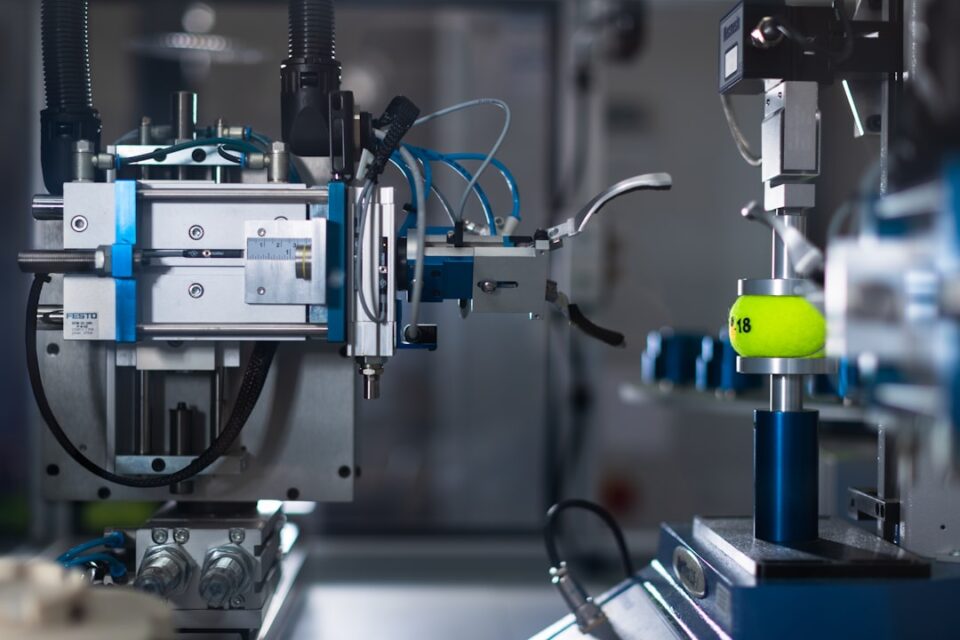In today’s digital age, electrical engineering plays a crucial role in shaping the world we live in. From the devices we use daily to the infrastructure that powers our cities, electrical engineering is at the forefront of innovation and progress. In this blog post, we will explore the significance of electrical engineering in the digital age and how it continues to pave the way for technological advancements.
Electrical engineering is a diverse field that encompasses a wide range of disciplines, including power systems, electronics, telecommunications, and signal processing. It is the backbone of modern technology, providing the foundation for everything from smartphones and computers to renewable energy systems and smart grids.
One of the key areas where electrical engineering is making a significant impact in the digital age is in the development of renewable energy systems. As the world shifts towards a more sustainable and environmentally-friendly energy future, electrical engineers are at the forefront of designing and implementing solutions that harness the power of renewable resources such as solar, wind, and hydroelectric power.
For example, electrical engineers are responsible for designing and optimizing solar panels and wind turbines to maximize energy output and efficiency. They also work on developing smart grid systems that integrate renewable energy sources into the existing power grid, ensuring a smooth and reliable transition to cleaner energy sources.
Another area where electrical engineering is crucial in the digital age is in the development of telecommunications systems. With the rise of the internet and digital communication, the demand for fast, reliable, and secure networks has never been higher. Electrical engineers play a critical role in designing and implementing the infrastructure that supports these networks, from high-speed fiber optic cables to 5G wireless technology.
In addition to telecommunications, electrical engineers are also involved in the development of advanced electronics and computing systems. From the microchips that power our smartphones and laptops to the sensors and actuators that drive autonomous vehicles and smart home devices, electrical engineering is essential for pushing the boundaries of technology and innovation.
Furthermore, electrical engineers are at the forefront of research and development in emerging technologies such as artificial intelligence, machine learning, and quantum computing. These cutting-edge technologies have the potential to revolutionize industries ranging from healthcare and finance to transportation and manufacturing, and electrical engineers are instrumental in driving their development and implementation.
In the healthcare sector, electrical engineers are developing new medical devices and imaging technologies that improve diagnosis and treatment outcomes. From wearable devices that monitor vital signs to advanced imaging systems that provide detailed views of the human body, electrical engineering is playing a crucial role in advancing the field of healthcare and improving patient care.
In finance, electrical engineers are working on developing sophisticated algorithms and systems for analyzing and predicting market trends, optimizing trading strategies, and detecting fraud. Their expertise in data analysis, machine learning, and computational modeling is helping to revolutionize the financial industry and drive innovation in areas such as algorithmic trading and risk management.
In transportation, electrical engineers are developing new technologies for electric vehicles, autonomous driving systems, and smart transportation infrastructure. From designing efficient electric motors and batteries to developing advanced sensor systems and control algorithms, electrical engineering is shaping the future of transportation and helping to create a more sustainable and efficient urban mobility system.
In manufacturing, electrical engineers are involved in developing automation systems, robotics, and intelligent manufacturing processes that streamline production and improve efficiency. From designing control systems for industrial robots to implementing advanced sensor networks for monitoring and optimizing production lines, electrical engineering is driving innovation in the manufacturing sector and transforming the way products are made.
Overall, the significance of electrical engineering in the digital age cannot be overstated. From renewable energy systems and telecommunications infrastructure to advanced electronics and emerging technologies, electrical engineers are at the forefront of innovation and progress. As we continue to navigate the complexities of the digital age and seek new solutions to the challenges we face, the expertise and ingenuity of electrical engineers will be essential in shaping a more sustainable, efficient, and technologically advanced world.


